
SQL Server IaaS Agent extension in Azure Portal
Posted By : Ranjan Pandey
The SQL Server IaaS Agent extension (SqlIaasExtension) runs on SQL Server on Azure Virtual Machines (VMs) to automate management and administration ta ....
Microsoft Courseware
Instructor-Led Training
Course Duration: 4-Days (32-Hour)
Microsoft Official Lab Exercises
Courseware Life Time Free Upgrade
Cloud Lab Access
An Azure IoT Developer is responsible for implementing and then maintaining the cloud and edge portions of an Azure IoT solution. In addition to configuring and maintaining devices by using Azure IoT services and other Microsoft tools, the IoT Developer also sets up the physical devices and is responsible for maintaining the devices throughout the life cycle.
The IoT Developer implements designs for IoT solutions, including device topology, connectivity, debugging and security. For Edge device scenarios, the IoT Developer also deploys compute/containers and configures device networking, which could include various edge gateway implementations. The IoT Developer implements designs for solutions to manage data pipelines, including monitoring and data transformation as it relates to IoT. The IoT Developer works with data engineers and other stakeholders to ensure successful business integration.
IoT Developers should have a good understanding of Azure services, including data storage options, data analysis, data processing, and the Azure IoT PaaS versus aPaaS options. IoT Developers should have basic programming skills in at least one Azure-supported language, including C#, Node.js, C, Python, or Java.

Dipak Agarwal - Business Analyst at Genpact
The training was good, I would like to go through some more training.

Gurpreet Marwaha - IAM Analyst at National Australia Bank, Australia
Excellent Office 365 training provided by Flexmind
Kiranmai Yachareni - Web Developer at Total Quality Logistics, USA
Thank You! I would definitely recommend it to others. The training session was very informative and interactive. Very useful and definitely thought-provoking. All the module sessions were clear and interactive, great, and friendly. Catered to all levels, which was good for those just starting out and those with more experience. I really appreciate the recorded videos and training material, which would be definitely helpful for later references.

Praveen S (Associate at Grant Thornton LLP)
I attended PowerApps/Flow training from Flexmind. The topics of the course were well organized & knowledge of the trainer on the subject was excellent. It was very helpful and I will apply in my day to day task at the office. I will definitely recommend a friend or colleague to attend courses from Flexmind.

Posted By : Ranjan Pandey
The SQL Server IaaS Agent extension (SqlIaasExtension) runs on SQL Server on Azure Virtual Machines (VMs) to automate management and administration ta ....
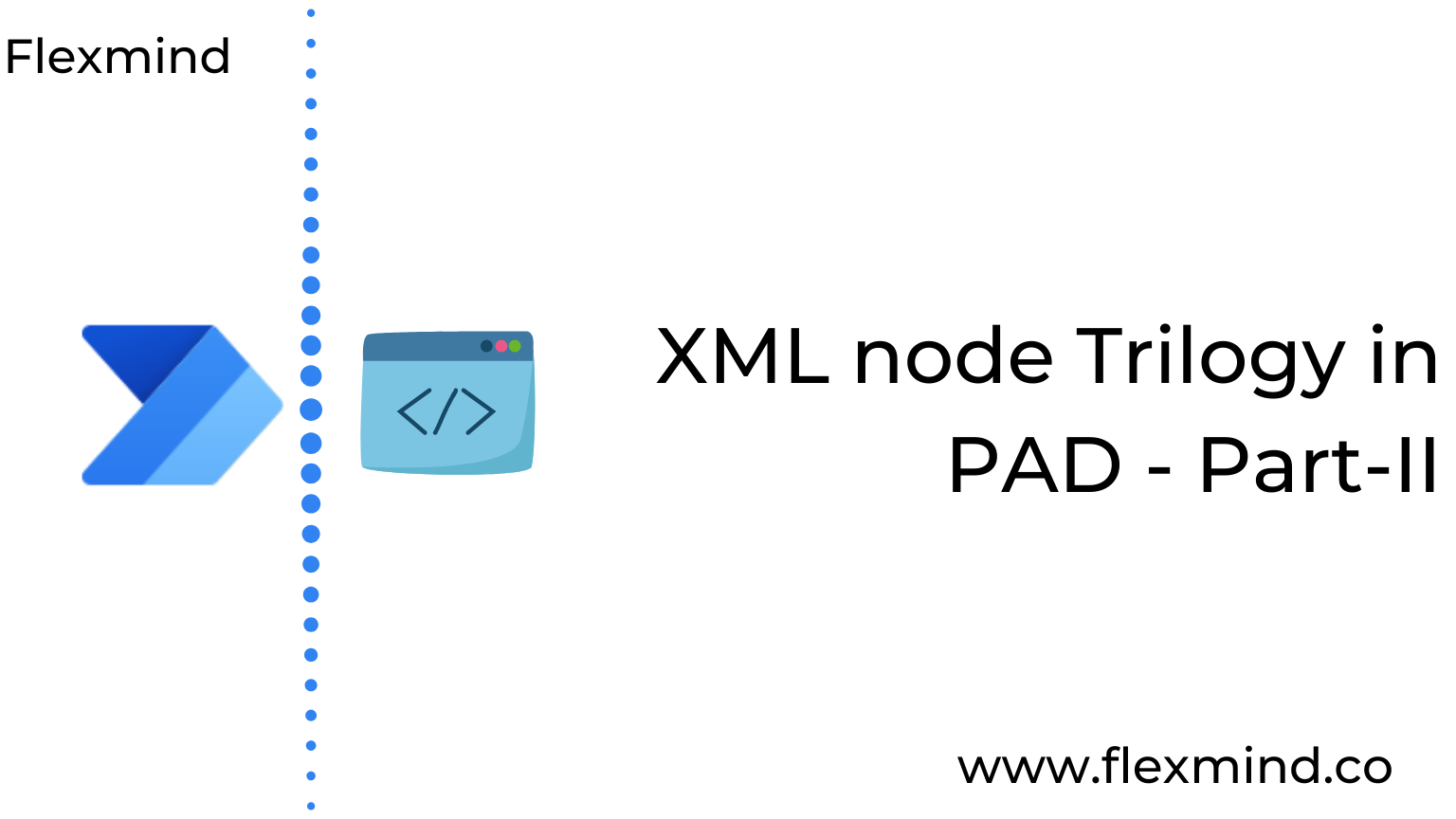
Posted By : Ranjan Pandey
Hello everyone, today we will see the second part of the XML node Trilogy in PAD. You can go through this link to see the previous article. In this ar ....
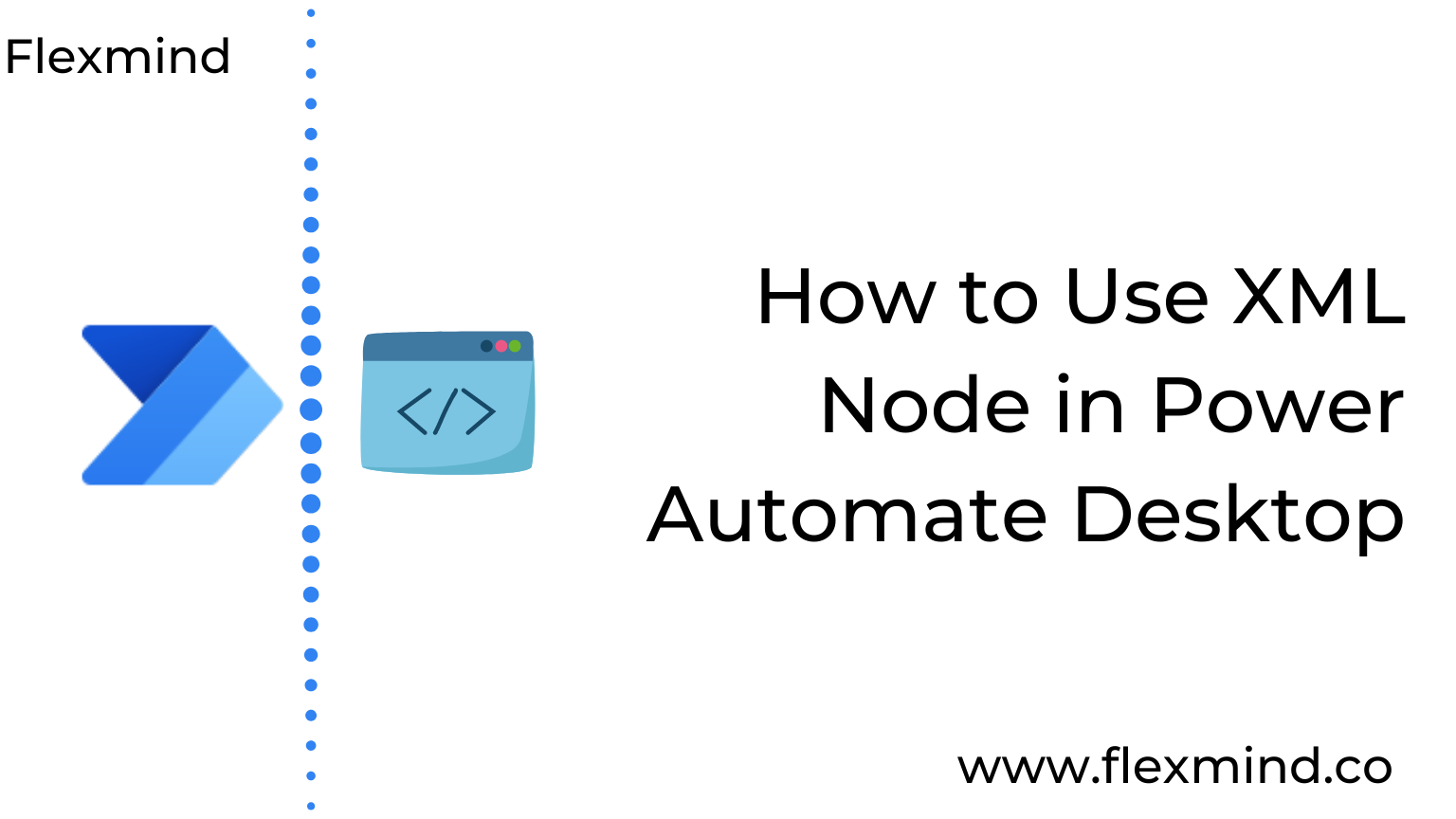
Posted By : Ranjan Pandey
Happy New Year readers !! Hope you all are doing well. In today’s article, we will see how to use XML Node in Power Automate Desktop. You can re ....

Posted By : Ranjan Pandey
Burp Suite — Web Security Testing is an integrated platform/graphical tool for performing security testing of web applications. Its various tools work ....
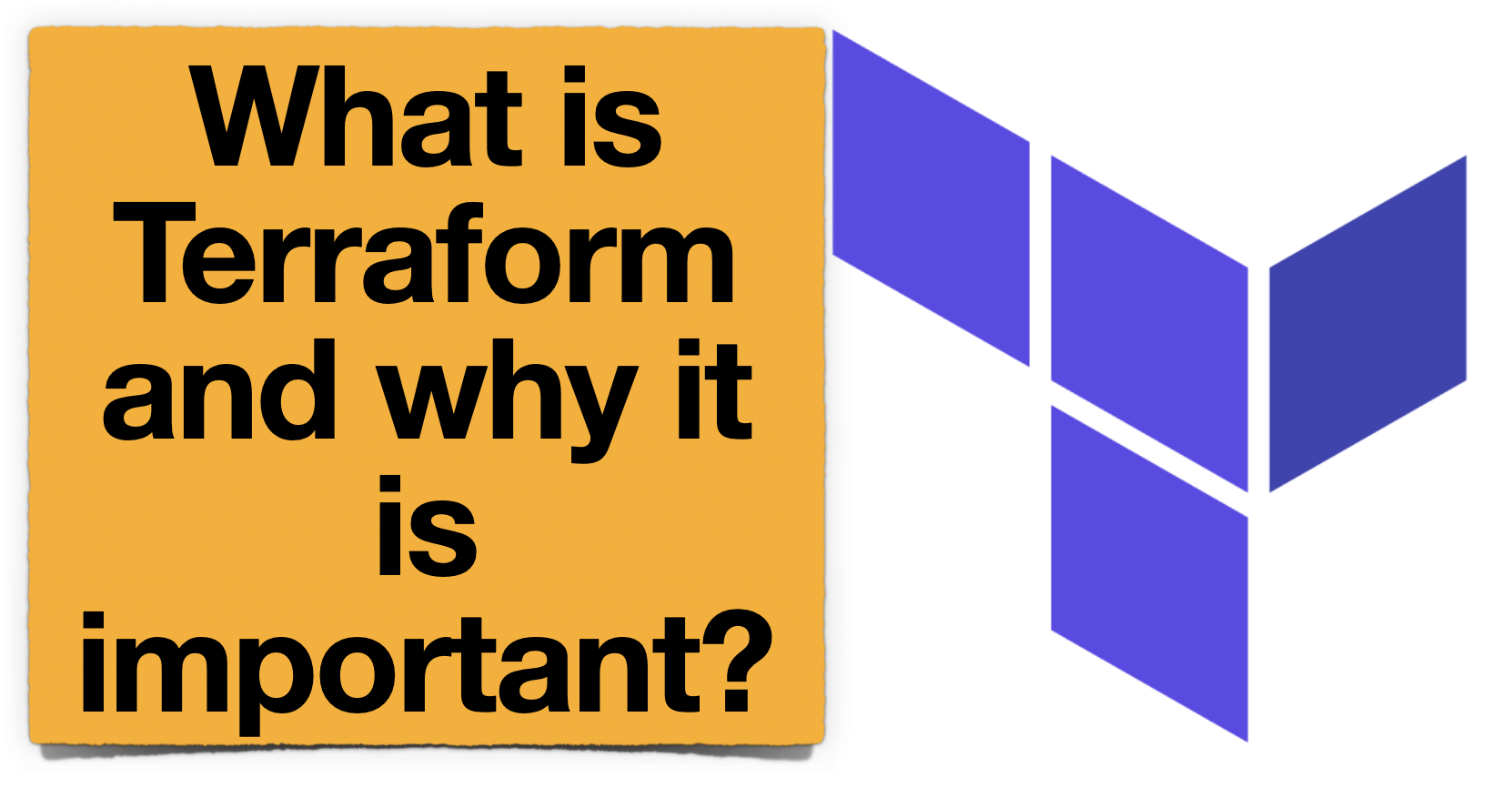
Posted By : Ranjan Pandey
Before starting what Terraform is and how it’s useful in DevOps culture, Let me ask you one simple question. How would you handle the same confi ....

Posted By : Ranjan Pandey
In this blog Azure DevOps with Octopus Deploy you will learn how to use Octopus Deploy with Azure DevOps. Octopus Deploy is a single place for your te ....
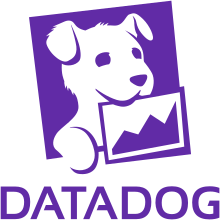
Posted By : Ranjan Pandey
Datadog is the essential monitoring platform for cloud infrastructure, applications, and logs. They bring together data from servers, containers, data ....
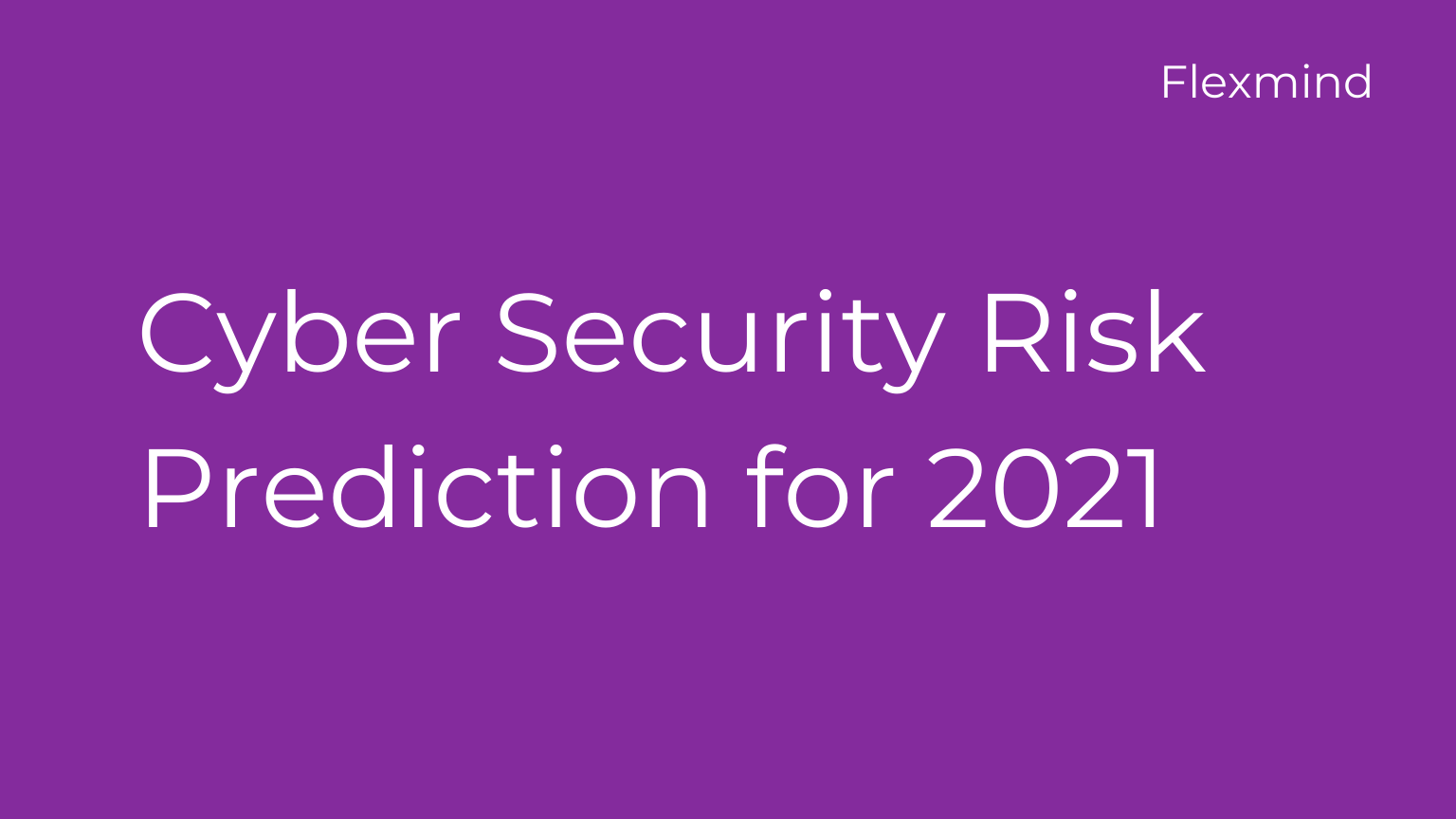
Posted By : Ranjan Pandey
Wishing you all a cyber-safe and wonderful Christmas / New Year 2021 in advance. In this blog, I will be talking about the Cyber Security Risk predict ....
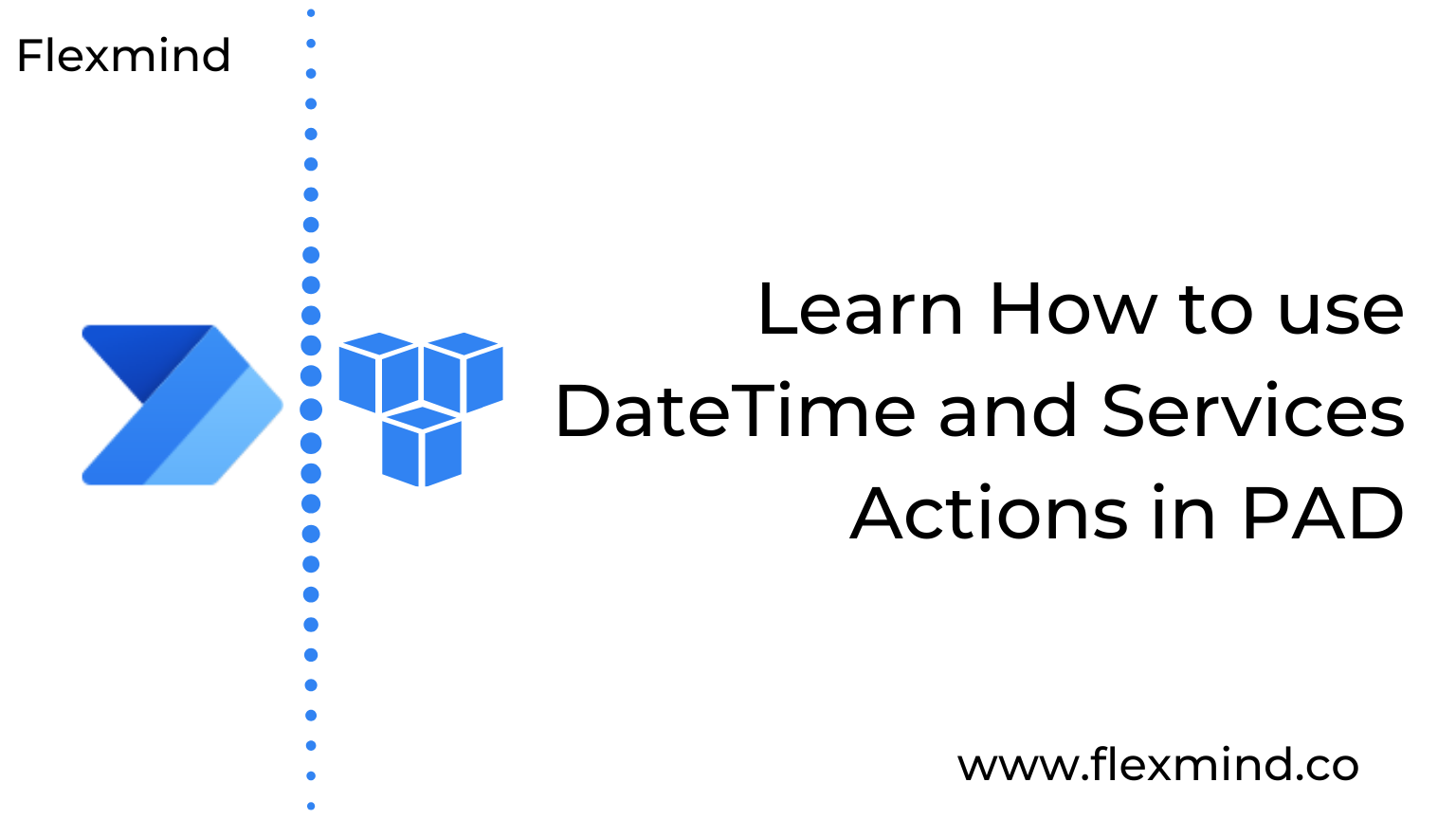
Posted By : Ranjan Pandey
Hello everyone! Hope you all enjoyed my earlier articles on PAD (Power Automate Desktop). Today we will learn how to use DateTime and services actions ....
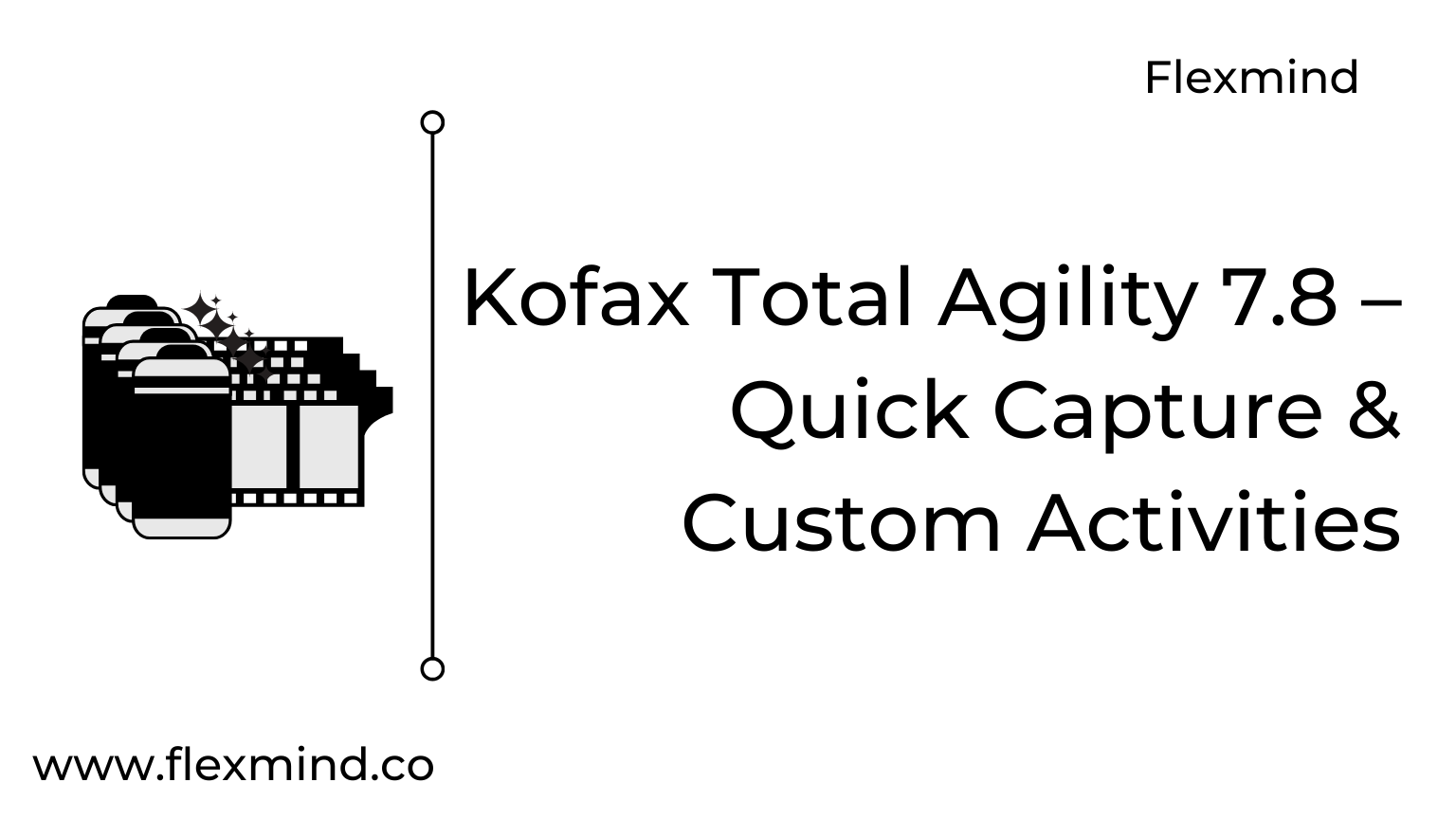
Posted By : Ranjan Pandey
In this blog, we will help you understand a couple of new features added in the KTA 7.8 version. You will learn about quick capture, a browser-ba ....